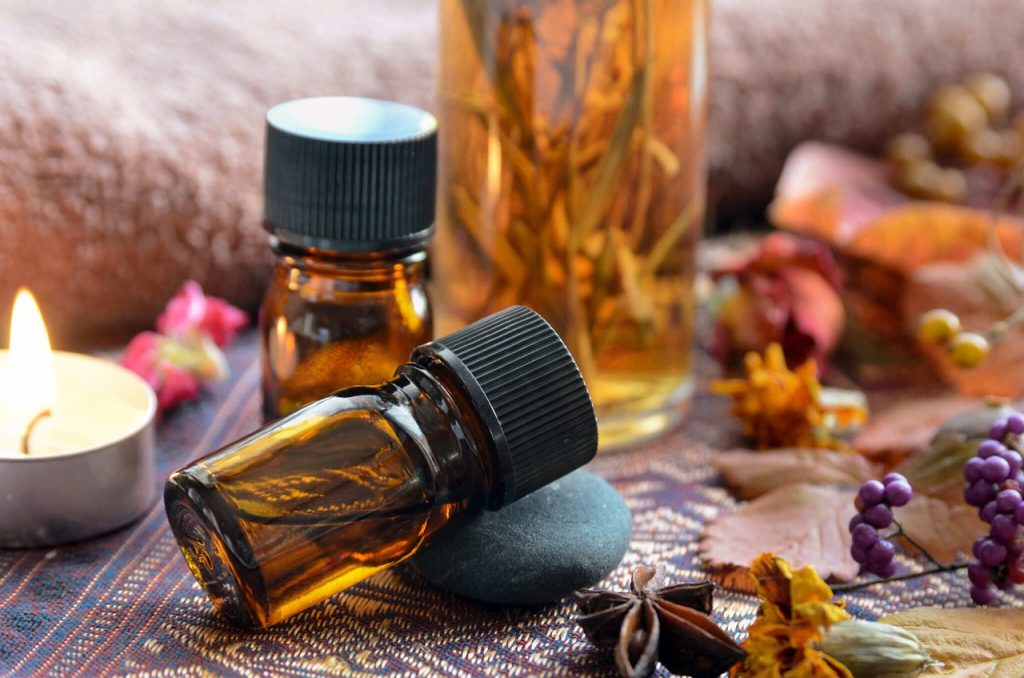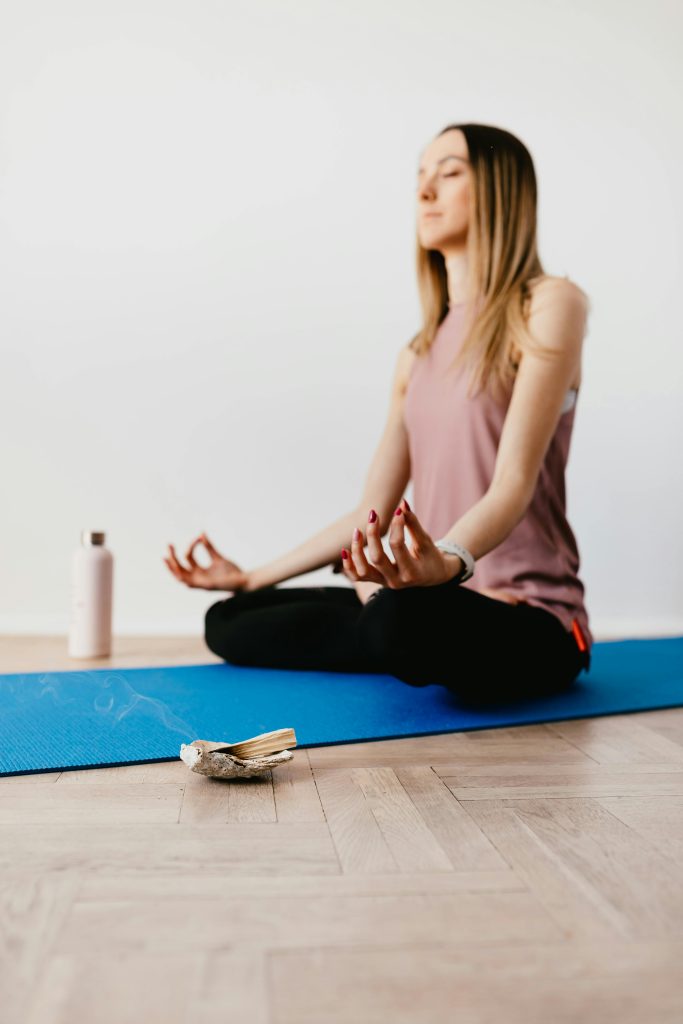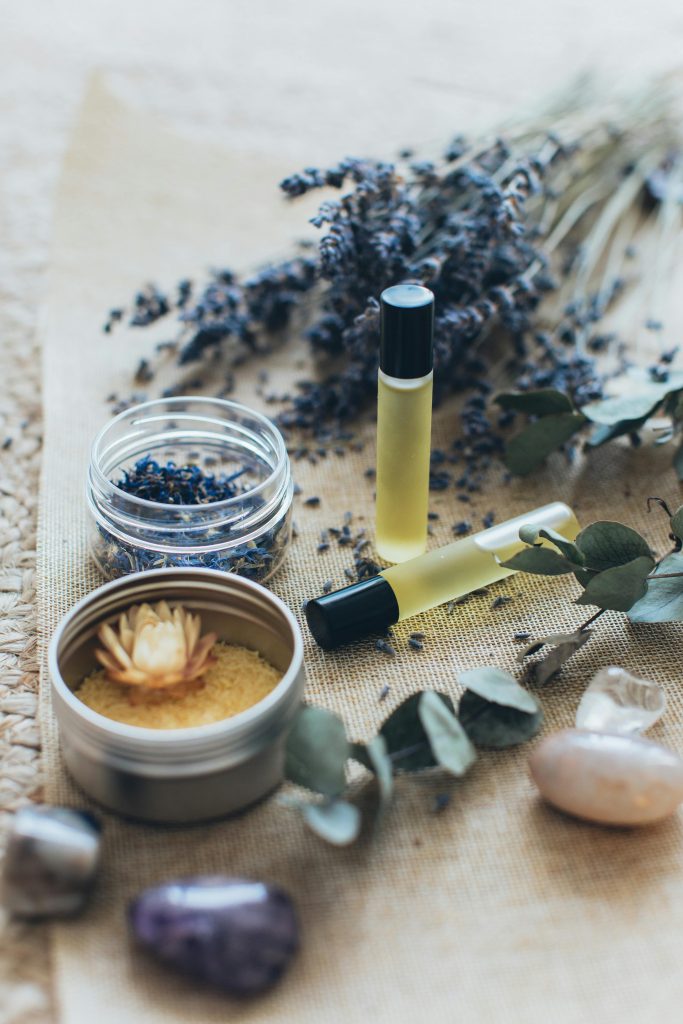Table of Contents
Aromatherapy, an ancient practice that uses essential oils derived from plants to promote physical, emotional, and mental well-being, has gained considerable attention in recent years. The therapeutic use of aromatic substances has been employed in various cultures for centuries, and contemporary research continues to uncover its potential benefits. This article explores the various advantages of aromatherapy, including its impact on mood, stress reduction, physical health, and overall quality of life.

Understanding Aromatherapy
Aromatherapy involves the use of essential oils extracted from flowers, leaves, stems, and roots of plants. These oils are typically inhaled, applied topically, or used in diffusers to create a therapeutic environment. Each essential oil has unique properties and potential benefits, making aromatherapy a versatile and personalized practice.
Enhancing Mood and Emotional Well-Being
- Mood Improvement: Essential oils such as lavender, citrus, and bergamot are known for their mood-enhancing properties. Studies have shown that these oils can help elevate mood and alleviate symptoms of depression and anxiety. For example, a study published in Complementary Therapies in Clinical Practice found that inhaling lavender oil improved mood and reduced anxiety levels in participants.
- Stress Relief: Aromatherapy is widely recognized for its ability to reduce stress. Essential oils like chamomile, ylang-ylang, and sandalwood have calming effects that can help alleviate stress and promote relaxation. The calming scents can activate the parasympathetic nervous system, which helps the body relax and recover from stress.
- Emotional Balance: Some essential oils, such as frankincense and geranium, are believed to help balance emotions and promote a sense of emotional stability. These oils can support emotional well-being by soothing nervous tension and creating a sense of calm.
Supporting Physical Health
- Pain Relief: Aromatherapy can be an effective complementary treatment for managing pain. Essential oils like peppermint and eucalyptus have analgesic and anti-inflammatory properties that can help relieve headaches, muscle pain, and joint discomfort. A study in The Journal of Alternative and Complementary Medicine found that peppermint oil was effective in reducing tension headaches.
- Improved Sleep: Many people use aromatherapy to improve sleep quality. Essential oils such as lavender and chamomile are well-known for their sedative effects, which can help promote better sleep and combat insomnia. Research published in Sleep Medicine Reviews highlights that lavender oil can improve sleep quality and reduce symptoms of insomnia.
- Digestive Health: Aromatherapy can also support digestive health. Essential oils like ginger and peppermint are used to alleviate symptoms of nausea, bloating, and indigestion. A study in Phytotherapy Research demonstrated that ginger oil was effective in reducing symptoms of nausea.

Enhancing Cognitive Function
- Improved Concentration: Certain essential oils, such as rosemary and lemon, are believed to enhance cognitive function and improve concentration. Inhaling these oils can stimulate mental clarity and focus. A study published in Therapeutic Advances in Psychopharmacology found that rosemary essential oil improved cognitive performance and mood in participants.
- Memory Support: Aromatherapy may also support memory function. Essential oils like rosemary and sage have been linked to improved memory and cognitive performance. Research in The Journal of Clinical Psychology suggests that rosemary oil may enhance memory and concentration in older adults.
Promoting Overall Well-Being
- Boosting Immunity: Essential oils such as tea tree and eucalyptus have antimicrobial and antiviral properties that can support the immune system. Using these oils in diffusers or topical applications may help prevent and manage infections.
- Skin Health: Aromatherapy can benefit skin health by incorporating essential oils like lavender and tea tree oil into skincare routines. These oils have antibacterial and anti-inflammatory properties that can help with acne, eczema, and other skin conditions.
- Relaxation and Self-Care: Incorporating aromatherapy into self-care routines can enhance overall well-being. Using essential oils in baths, massages, or as part of relaxation practices can create a soothing environment and promote a sense of well-being.
Practical Tips for Using Aromatherapy
- Choose High-Quality Essential Oils: To maximize the benefits of aromatherapy, select high-quality, pure essential oils. Look for oils that are organic and free from synthetic additives.
- Use a Diffuser: An essential oil diffuser can disperse aromatic particles into the air, creating a therapeutic environment. Diffusing essential oils in your home or office can help maintain a calm and pleasant atmosphere.
- Incorporate Into Daily Routine: Integrate essential oils into daily activities, such as adding a few drops to your bath, using them in massage oils, or incorporating them into your skincare routine. Regular use can enhance the cumulative benefits of aromatherapy.
- Be Mindful of Safety: Always follow safety guidelines when using essential oils. Dilute essential oils with a carrier oil before applying them to the skin, and perform a patch test to check for any allergic reactions. Consult with a healthcare professional if you have any health conditions or are pregnant before using essential oils.

Conclusion
Aromatherapy offers a range of benefits for mood enhancement, stress relief, physical health, cognitive function, and overall well-being. By harnessing the therapeutic properties of essential oils, individuals can create a calming and supportive environment that promotes mental and physical health. Whether used for relaxation, pain relief, or cognitive support